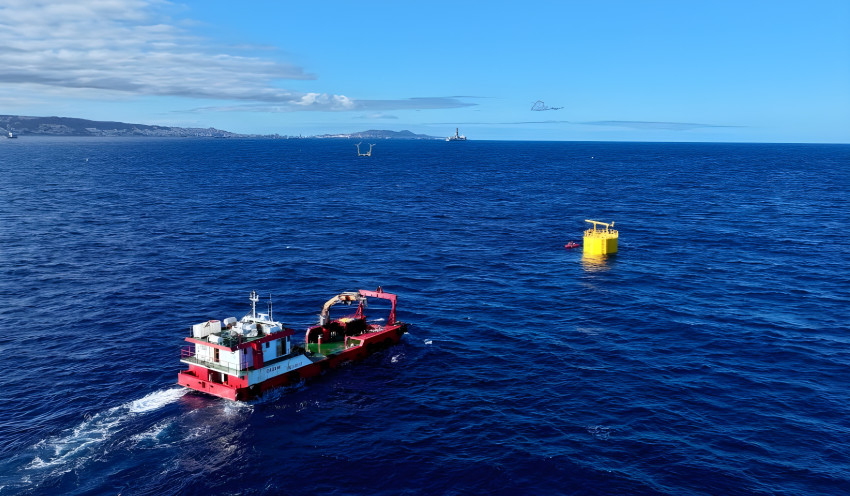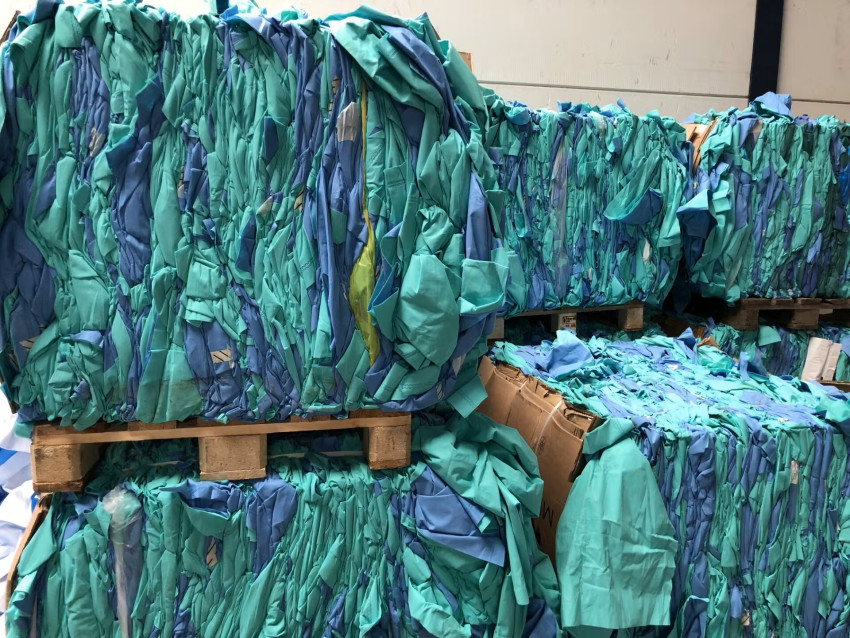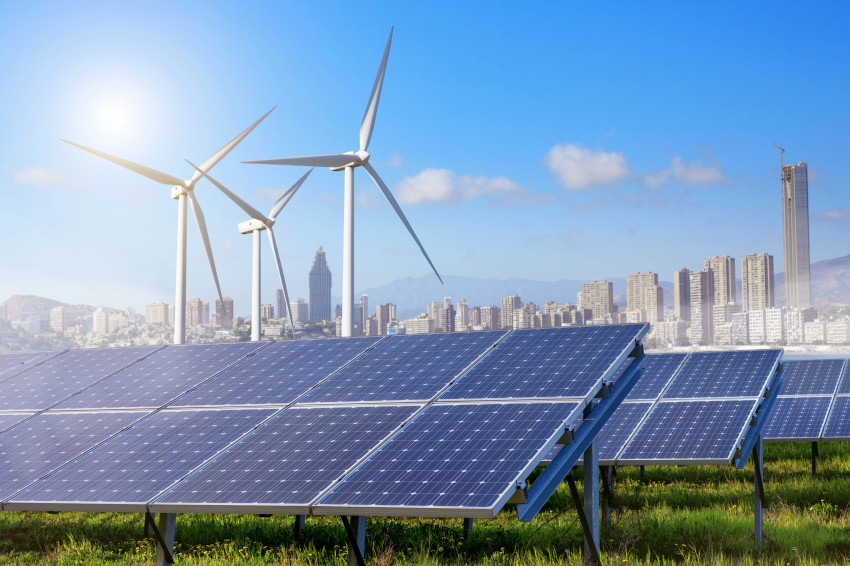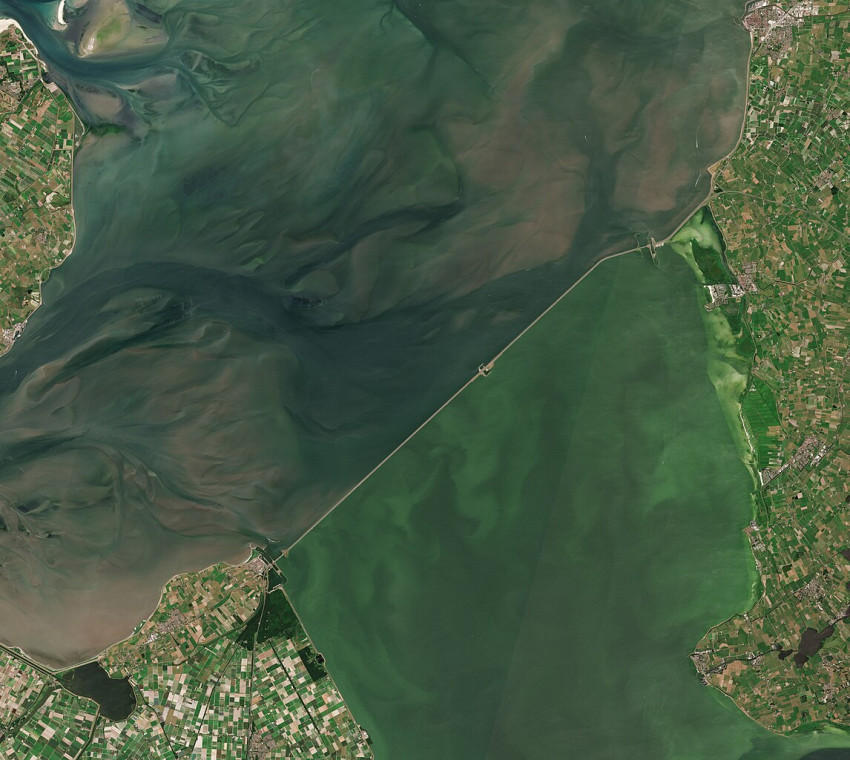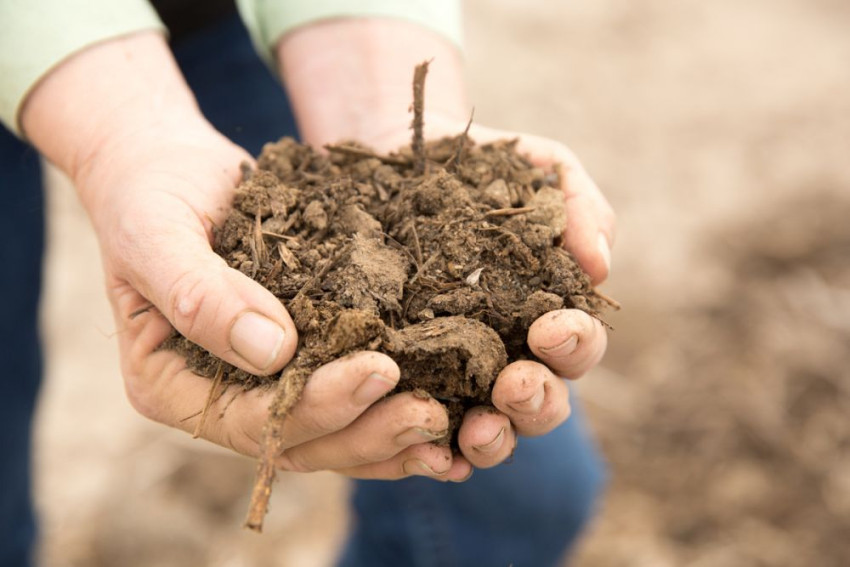
First carbon farmer in the Dutch province of Zeeland
On initiating the Carbon Farming project, the ZLTO Agriculture and Horticulture organisation is introducing the carbon farmer. Over the next three years, this project in the Zeeland countryside is designed to provide greater clarity on whether farmers can facilitate the absorption of CO2.
‘We're mainly aiming for the long-term absorption of carbon in the ground’, explains Roel Clement, the ZLTO project leader, when describing the Carbon Farming project starting today. ‘It's a win-win situation: the absorption of organic matter improves soil quality, and we remove CO2 from the air.’
SPONGE EFFECT
Options for adding organic matter to the soil include mixing-in crop residues, growing green manure crops that contribute nitrogen to the soil, and so on. This renders the soil more fertile, increases the (micro)biological life content and also improves its structure. Crops grow stronger and the soil retains more moisture to give an improved sponge effect. 'Farmers have felt the effects of climate change very directly through the extreme drought of the past summer, interspersed with downpours at other times. When the sponge effect of the soil is improved, farmers are better able to deal with such extremes, while at the same time helping to combat that same climate change.'
FORCE OF HABIT
And so you might expect all the farmers to be queueing up to join in the project, yet nothing is further from the truth. 'Farmers have their own way of doing things, and are not easily prompted to change their methods.' Farmers in Zeeland are accustomed to ploughing their fields after harvesting, even though this does not improve the soil quality.
CHAIN COOPERATION
The prompt to take a new approach to soil improvement may well come from customers buying the farmers’ products. ‘I know of a company that advertises itself as being climate neutral and which is currently financing a project in Argentina for that purpose. What could be more fantastic than doing the same closer to home, and paying the farmers to ensure CO2 is absorbed into the soil? That's the type of cooperation we hope to encourage through this project.'
Clement emphasises that increasing the organic content in the soil is a natural process. ‘All kinds of factors play a role, and you cannot hope to achieve it all in year one. This project is our way of gaining experience with the process, not just in the Netherlands, but also in Belgium, Germany and Norway.
If you found this article interesting, subscribe for free to our weekly newsletter!


